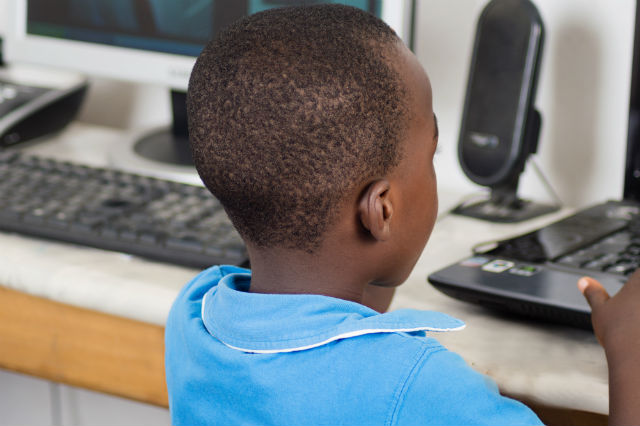Information and communications technologies (ICTs) are profoundly changing the ways in which children interact with and participate in the world around them. ICTs provide children with opportunities to learn, share and communicate. At the same time, children can encounter a number of risks which include exposure to inappropriate content, inappropriate contact including from potential sex abusers, or more invasive forms of harassment and bullying from peers.
On 8 March 2016, Unicef and GSMA held a workshop on children's rights and ICTs to explore some key 'tools of the trade'. IHRB's John Morrison was asked to make the keynote speech, which he started by saying:
"Ladies and Gentlemen, Your Royal Highness.
By 2050 there will be nearly 10 billion people on this planet and 2.6 billion of them will be children. The aim of the 2015-2030 Global Goals on Sustainable Development is to “leave no one behind” and it is vitally important that we leave no child behind in a world where national inequalities are growing in most countries. As Anthony Lake, the Executive Director of UNICEF said at the 2016 Mobile World Congress in Barcelona two weeks ago, mobile technology allows us to reach these children and there is both a moral and a practical case to do so."
Read the full speech here.





























How should businesses respond to an age of conflict and uncertainty?
As 2024 began, European Commission President Ursula von der Leyen aptly summed up our deeply worrying collective moment. As she put it, speaking at the annual World Economic Forum in Switzerland, we are moving through “an era of conflict and...
26 March 2024 | Commentary
Commentary by Scott Jerbi, Senior Advisor, Policy & Outreach, IHRB